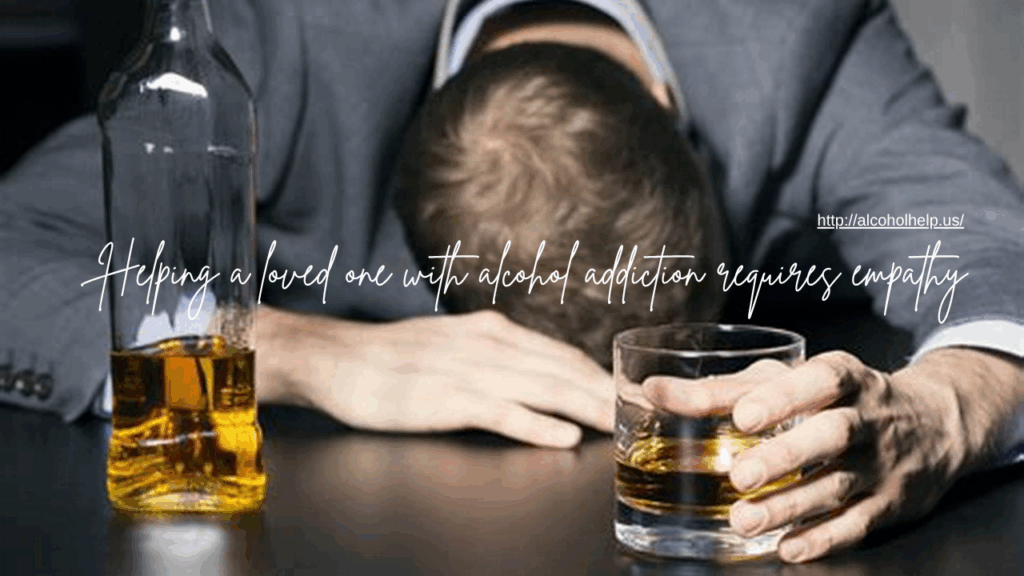
Supporting a loved one struggling with alcohol addiction can be both rewarding and challenging. Family members and friends often want to help but may not know how to do so without inadvertently enabling harmful behaviors. Striking the right balance requires clear boundaries, compassion, and a thoughtful approach. Understanding how to offer assistance without causing unintentional harm is key to fostering a supportive and healthy environment for recovery.
The Importance of Boundaries
Boundaries are essential when supporting someone with alcohol use disorder (AUD). They protect both the supporter and the person in recovery. Without boundaries, loved ones may find themselves overwhelmed, resentful, or unintentionally reinforcing destructive behaviors. Boundaries help clarify what is acceptable and what is not, creating structure and stability during a time that can often feel chaotic.
Examples of healthy boundaries include refusing to provide money that could be used for alcohol, not covering up for the person’s mistakes (such as calling in sick for them at work), and not allowing alcohol use in the home. It’s important to communicate these boundaries clearly and stick to them consistently.
Avoiding Enabling
Enabling occurs when actions, often intended to help, actually allow harmful behavior to continue. Examples include making excuses for drinking, bailing someone out of legal or financial trouble caused by alcohol use, or minimizing the seriousness of the addiction. While these actions may seem compassionate in the moment, they can delay the person’s recognition of the need for help.
Instead, focus on behaviors that support accountability and recovery. Encourage your loved one to seek professional help, attend support meetings, or engage in healthier activities. Let natural consequences occur when appropriate, as facing these consequences can be a powerful motivator for change.
Offering Compassionate Support
Support does not mean trying to fix or control someone’s recovery. It means being present, listening without judgment, and offering encouragement. Use language that emphasizes concern rather than criticism. For example, say, “I’m worried about how drinking is affecting your health,” rather than, “You’re ruining your life.”
Consider joining a support group like Al-Anon, which provides guidance and connection for those affected by someone else’s drinking. These groups offer valuable tools for navigating the complexities of supporting an alcoholic while prioritizing your own well-being.
Encourage Professional Help
While family and friends can offer meaningful support, professional treatment is essential for many individuals with AUD. Help your loved one research treatment options, provide transportation to appointments, or simply express your belief in their ability to recover. However, remember that the decision to seek help must come from them.
Take Care of Yourself
Supporting someone with an addiction can be emotionally draining. It’s vital to care for your own mental and physical health. Set aside time for activities you enjoy, seek counseling if needed, and connect with supportive friends or groups. When you are strong and balanced, you are better equipped to offer meaningful, healthy support.
Conclusion
Helping a loved one with alcohol addiction requires empathy, patience, and clear boundaries. By offering support without enabling, families and friends can encourage recovery while protecting their own well-being. With the right approach, it is possible to help without harming—and to contribute to lasting positive change.